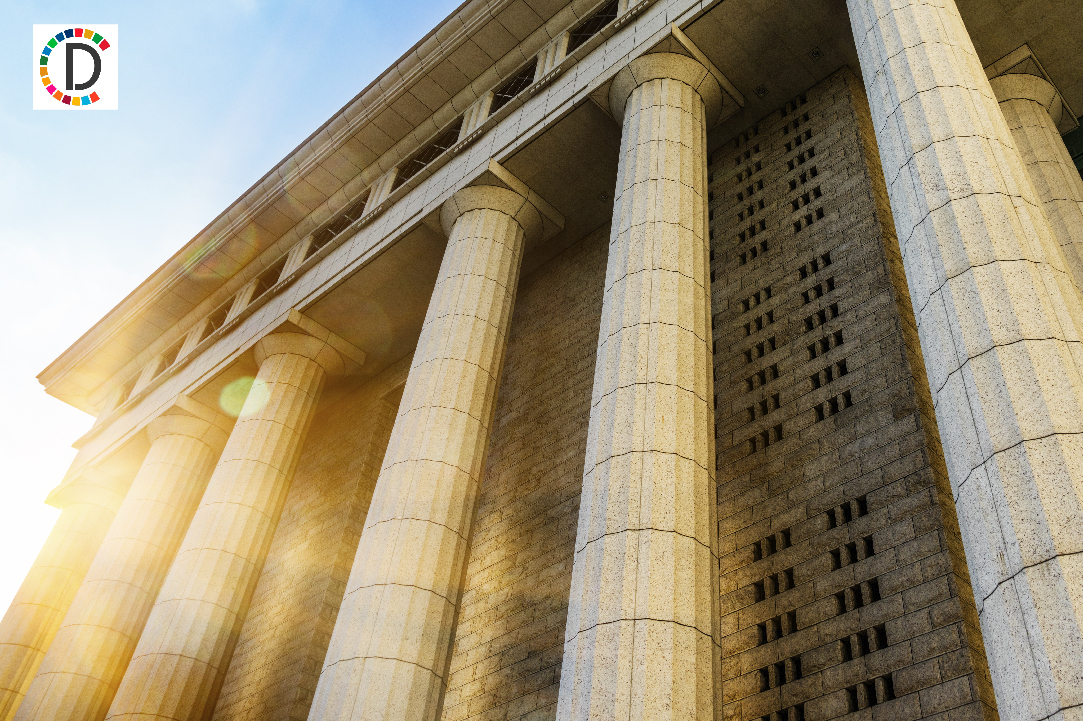Jokowi's Decade: Democracy, Development, and Drift
Joko Widodo, known as Jokowi, symbolized democratic change in Indonesia, leading to economic growth and infrastructure development. Yet, his tenure is critiqued for rising patronage and dynastic politics. His legacy sees Prabowo Subianto's presidency, sparking concern over Indonesia's democratic future.

Joko Widodo, widely referred to as Jokowi, commenced his presidency in Indonesia as a beacon of democratic reform, promising a cleaner future. Over his two terms, he contributed to significant economic and infrastructural growth. However, associated criticisms have marred his legacy, including alleged patronage and the erosion of institutional integrity.
In a surprising political move, Jokowi endorsed President-elect Prabowo Subianto, an old order member with a controversial past. This decision has raised concerns regarding Indonesia's ongoing democratic processes. Analysts fear a regression to an authoritarian-influenced political sphere, reminiscent of former years.
Jokowi's leadership, initially celebrated for distancing from oligarchic ties, faces scrutiny with claims of altering laws for personal gain. As Jokowi's son ascends politically, critics highlight the administration's potential manipulation of legal frameworks to favor familial interests. Despite these challenges, Jokowi retains considerable popularity, signaling complex public sentiments toward his governance.
(With inputs from agencies.)
ALSO READ
China to Ignite Economic Growth with 2 Trillion Yuan Bond Issuance
AfDB VP Highlights Role of PPPs in Advancing African Infrastructure During Visit to South Korea
World Bank Approves $2025-2026 Strategy to Support Zimbabwe’s Economic Growth, Social Resilience, and Climate Adaptation
Modi Unveils Major Maharashtra Projects, Boosting Infrastructure and Education
Vietnam's Digital Infrastructure Leap: New Undersea Cables & 5G Rollout










